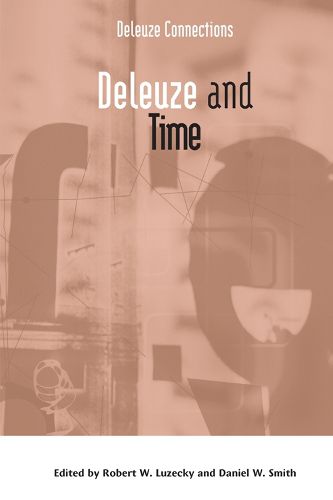Readings Newsletter
Become a Readings Member to make your shopping experience even easier.
Sign in or sign up for free!
You’re not far away from qualifying for FREE standard shipping within Australia
You’ve qualified for FREE standard shipping within Australia
The cart is loading…






Deleuze's thought on the nature of temporality developed throughout his career in reference to a complex array of concepts, thinkers and artistic works as well as natural and social phenomena. In this collection, leading international scholars elaborate on Deleuze's modification of the thought of historical figures, from the ancients Plato, Aristotle, Plotinus, Lucretius through to the moderns Spinoza, Kant, Husserl, Nietzsche, Bergson, Simondon, Negri as well as his use of scientific fields such as complexity theory and thermodynamics. The book shows that the philosophy of time was central to the development of Deleuze's work. In addition to discussing how time is conceptualised in Difference and Repetition and The Logic of Sense, this collection stands out for its elucidation of Deleuze's modification of the concept in his two books on cinema.
$9.00 standard shipping within Australia
FREE standard shipping within Australia for orders over $100.00
Express & International shipping calculated at checkout
Deleuze's thought on the nature of temporality developed throughout his career in reference to a complex array of concepts, thinkers and artistic works as well as natural and social phenomena. In this collection, leading international scholars elaborate on Deleuze's modification of the thought of historical figures, from the ancients Plato, Aristotle, Plotinus, Lucretius through to the moderns Spinoza, Kant, Husserl, Nietzsche, Bergson, Simondon, Negri as well as his use of scientific fields such as complexity theory and thermodynamics. The book shows that the philosophy of time was central to the development of Deleuze's work. In addition to discussing how time is conceptualised in Difference and Repetition and The Logic of Sense, this collection stands out for its elucidation of Deleuze's modification of the concept in his two books on cinema.